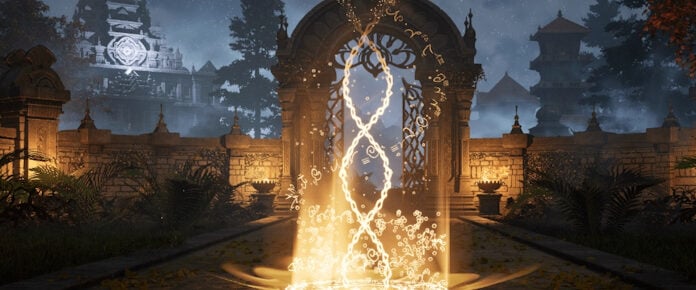
NetEase has once again become a household name for gamers thanks to its partnership with Blizzard on Diablo Immortal and many other titles, but this week there’s another reason to pay attention to the gaming giant: It’s created an anti-addiction mechanic for underage gamers that effectively places an 11-hour curfew on mobile games like Fantasy Westward Journey and Knives Out, which are among the biggest titles in the world for revenue according to SuperData.
Young gamers will be blocked entirely from playing video games between 9:30 p.m. and 8:30 a.m. and see strict hourly limits: for elementary school kids, nine hours per week, and for high schoolers, 16 hours per week, metered by day.
China Daily declares – sans sourcing – that the “move came as an increasing number of underage students are becoming addicted to mobile games in the smartphone era, prompting repeated calls for more efforts to curtail the addiction.” Readers will recall that The Guardian and The Atlantic have exposed that in pushing for “gaming disorder” classifications amidst heavy criticism and mounting evidence to the contrary from academics, the World Health Organization itself is operating under political pressure from Asian countries rather than in the best interests of health or science.
Readers will likewise recall that Tencent has been adding in child lock-outs and what it calls a “healthy gaming” system to multiple titles over the last couple of years.
For those of you still waiting and watching to see what China’s gaming crackdown will amount to – can we call it ChinaWatch? – well, the latest round of approved games post-freeze does indeed include Tencent and NetEase titles for the first time out of over 350 games approved total. Unfortunately, PUBG Mobile, which was one of the games Tencent expected to pull in all the monies last year, still isn’t among them.














